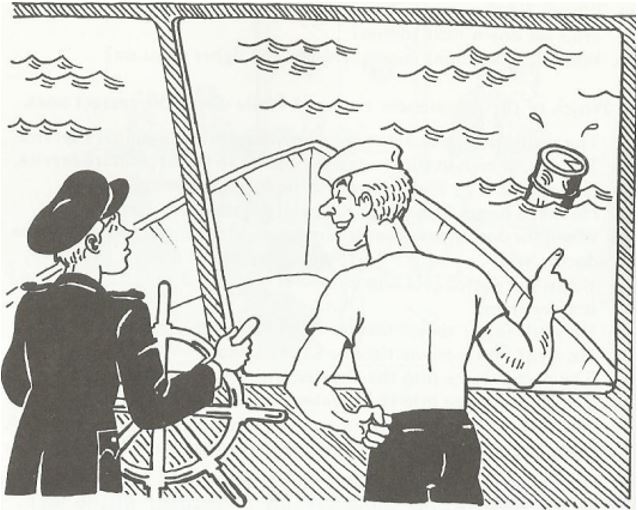

Grammar


Tenses


Present

Present Simple

Present Continuous

Present Perfect

Present Perfect Continuous


Past

Past Simple

Past Continuous

Past Perfect

Past Perfect Continuous


Future

Future Simple

Future Continuous

Future Perfect

Future Perfect Continuous


Parts Of Speech


Nouns

Countable and uncountable nouns

Verbal nouns

Singular and Plural nouns

Proper nouns

Nouns gender

Nouns definition

Concrete nouns

Abstract nouns

Common nouns

Collective nouns

Definition Of Nouns

Animate and Inanimate nouns

Nouns


Verbs

Stative and dynamic verbs

Finite and nonfinite verbs

To be verbs

Transitive and intransitive verbs

Auxiliary verbs

Modal verbs

Regular and irregular verbs

Action verbs

Verbs


Adverbs

Relative adverbs

Interrogative adverbs

Adverbs of time

Adverbs of place

Adverbs of reason

Adverbs of quantity

Adverbs of manner

Adverbs of frequency

Adverbs of affirmation

Adverbs


Adjectives

Quantitative adjective

Proper adjective

Possessive adjective

Numeral adjective

Interrogative adjective

Distributive adjective

Descriptive adjective

Demonstrative adjective


Pronouns

Subject pronoun

Relative pronoun

Reflexive pronoun

Reciprocal pronoun

Possessive pronoun

Personal pronoun

Interrogative pronoun

Indefinite pronoun

Emphatic pronoun

Distributive pronoun

Demonstrative pronoun

Pronouns


Pre Position


Preposition by function

Time preposition

Reason preposition

Possession preposition

Place preposition

Phrases preposition

Origin preposition

Measure preposition

Direction preposition

Contrast preposition

Agent preposition


Preposition by construction

Simple preposition

Phrase preposition

Double preposition

Compound preposition

prepositions


Conjunctions

Subordinating conjunction

Correlative conjunction

Coordinating conjunction

Conjunctive adverbs

conjunctions


Interjections

Express calling interjection

Phrases

Sentences


Grammar Rules

Passive and Active

Preference

Requests and offers

wishes

Be used to

Some and any

Could have done

Describing people

Giving advices

Possession

Comparative and superlative

Giving Reason

Making Suggestions

Apologizing

Forming questions

Since and for

Directions

Obligation

Adverbials

invitation

Articles

Imaginary condition

Zero conditional

First conditional

Second conditional

Third conditional

Reported speech

Demonstratives

Determiners


Linguistics

Phonetics

Phonology

Linguistics fields

Syntax

Morphology

Semantics

pragmatics

History

Writing

Grammar

Phonetics and Phonology

Semiotics


Reading Comprehension

Elementary

Intermediate

Advanced


Teaching Methods

Teaching Strategies

Assessment
Do not save me
المؤلف:
L.A Hill
المصدر:
Advanced-Anecdotes in American English
الجزء والصفحة:
22-1
15/10/2022
1430

A young officer on a small vessel was being tested on his knowledge of what to do if someone fell overboard while he was in charge of the ship. A big can was thrown into the sea, and the officer had to pretend it was a man who had fallen in and try to save it. The officer was inexperienced, and the first thing that happened was that the can was pulled under by the ship's propeller. The officer quickly stopped the ship and went backwards. There was a loud crash as he struck the can again. Then he went forwards, went around in a circle, and struck the can once more straight in front of the ship.
A sailor who was observing all this now said, "Excuse me, sir, but if I'm ever unfortunate enough to fall into the sea while you're steering the ship, please let me swim to shore by myself!"
B Which of these answers is correct? Write down the questions and the correct answers.
1. What kind of test was the young officer having?
- It was a test of whether he could save a person who fell into the sea.
- It was a test of whether he was in charge of the ship.
2. What did the officer have to save in the test?
- A man who had fallen into the sea.
- A can which had been thrown into the sea.
3. What did the propeller do to the can?
- It made it go around.
- It pulled it under the water.
4. How did the officer hit the can the second time?
- He hit it when he had stopped.
- He hit it while he was going backwards.
5. How did he hit it the third time?
- He went around and hit it with the front of the ship,
- He put it in a circle and hit it with the back of the ship.
6. What did a sailor want the officer to do?
- To let him swim to shore if he ever fell into the sea.
- To save him if he ever fell into the sea.
C Write this story, putting one word in each blank space. You will find all the correct words in the story.
The captain of a small _______ went below deck to sleep, leaving a young officer in _______ of the ship. This young man did not have much ______ about ________ a ship yet, and he was too _______ to avoid hitting a large rock. The ship _______ it twice. The ________ woke the captain, and he _______ put on his clothes and hurried onto the deck.
He stood for a few seconds, ________ the scene and then said, "Well, you said you'd never been in a shipwreck before: now you're in one."
 الاكثر قراءة في Advanced
الاكثر قراءة في Advanced
 اخر الاخبار
اخر الاخبار
اخبار العتبة العباسية المقدسة

الآخبار الصحية















 قسم الشؤون الفكرية يصدر كتاباً يوثق تاريخ السدانة في العتبة العباسية المقدسة
قسم الشؤون الفكرية يصدر كتاباً يوثق تاريخ السدانة في العتبة العباسية المقدسة "المهمة".. إصدار قصصي يوثّق القصص الفائزة في مسابقة فتوى الدفاع المقدسة للقصة القصيرة
"المهمة".. إصدار قصصي يوثّق القصص الفائزة في مسابقة فتوى الدفاع المقدسة للقصة القصيرة (نوافذ).. إصدار أدبي يوثق القصص الفائزة في مسابقة الإمام العسكري (عليه السلام)
(نوافذ).. إصدار أدبي يوثق القصص الفائزة في مسابقة الإمام العسكري (عليه السلام)


















